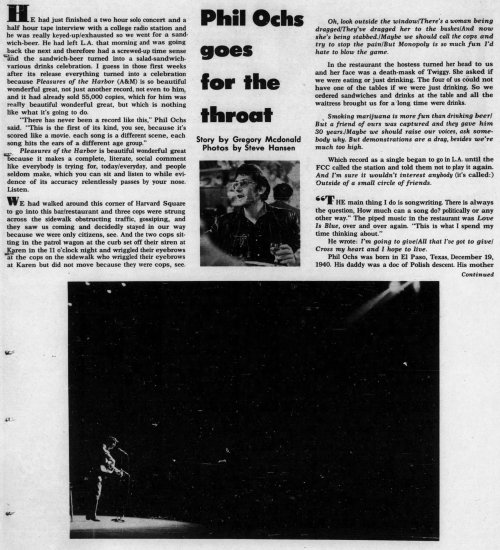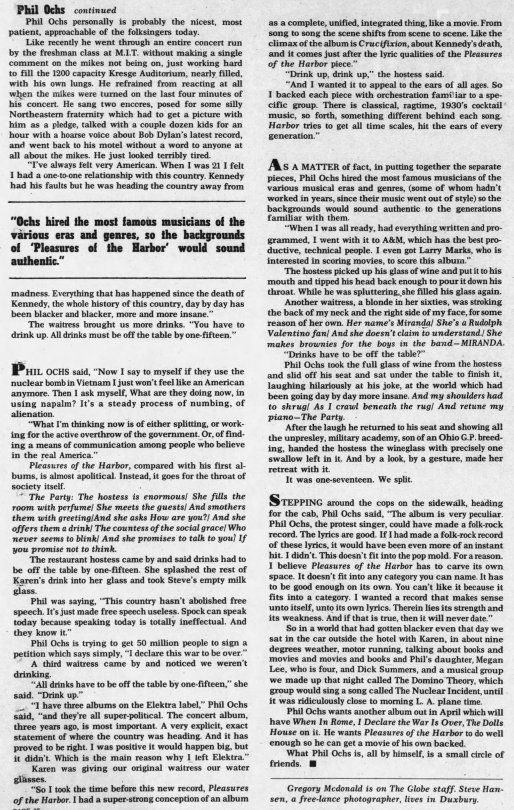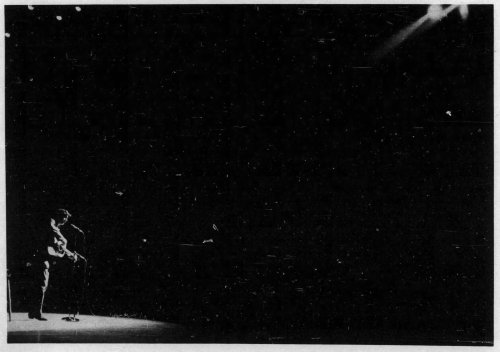
he/him || feel free to ask for suggestions
312 posts
Folk-enjoyer - The History Of American Folk Revival

-
 leadbelly1978 liked this · 1 year ago
leadbelly1978 liked this · 1 year ago -
 seregkat reblogged this · 1 year ago
seregkat reblogged this · 1 year ago -
 seregkat liked this · 1 year ago
seregkat liked this · 1 year ago -
 folk-enjoyer reblogged this · 1 year ago
folk-enjoyer reblogged this · 1 year ago -
 fenetfox liked this · 1 year ago
fenetfox liked this · 1 year ago -
 hate-conquers-all-2 liked this · 1 year ago
hate-conquers-all-2 liked this · 1 year ago -
 trainzdraws liked this · 1 year ago
trainzdraws liked this · 1 year ago -
 dianadesnaturalizada liked this · 1 year ago
dianadesnaturalizada liked this · 1 year ago -
 in-the-meantime-my-darling liked this · 1 year ago
in-the-meantime-my-darling liked this · 1 year ago -
 land79starz reblogged this · 1 year ago
land79starz reblogged this · 1 year ago -
 land79starz liked this · 1 year ago
land79starz liked this · 1 year ago -
 fuck-i-forgot reblogged this · 1 year ago
fuck-i-forgot reblogged this · 1 year ago -
 fuck-i-forgot liked this · 1 year ago
fuck-i-forgot liked this · 1 year ago -
 anime-kyun liked this · 1 year ago
anime-kyun liked this · 1 year ago -
 pootie-bootie liked this · 1 year ago
pootie-bootie liked this · 1 year ago -
 pippsbeb liked this · 1 year ago
pippsbeb liked this · 1 year ago -
 anarchie161 liked this · 1 year ago
anarchie161 liked this · 1 year ago -
 backlum liked this · 1 year ago
backlum liked this · 1 year ago -
 gadoradewater liked this · 1 year ago
gadoradewater liked this · 1 year ago -
 aaushie liked this · 1 year ago
aaushie liked this · 1 year ago -
 thisismyusername616 liked this · 1 year ago
thisismyusername616 liked this · 1 year ago -
 venomspyder reblogged this · 1 year ago
venomspyder reblogged this · 1 year ago -
 venomspyder liked this · 1 year ago
venomspyder liked this · 1 year ago -
 nando161mando reblogged this · 1 year ago
nando161mando reblogged this · 1 year ago -
 nando161mando liked this · 1 year ago
nando161mando liked this · 1 year ago -
 lazyducksstuff liked this · 1 year ago
lazyducksstuff liked this · 1 year ago -
 psaraa-the-pseudonymous liked this · 1 year ago
psaraa-the-pseudonymous liked this · 1 year ago -
 themattmanifesto liked this · 1 year ago
themattmanifesto liked this · 1 year ago -
 xxdrowninglessonsxx liked this · 1 year ago
xxdrowninglessonsxx liked this · 1 year ago -
 robinlovexo liked this · 1 year ago
robinlovexo liked this · 1 year ago -
 samaspic31 liked this · 1 year ago
samaspic31 liked this · 1 year ago -
 indagonightmare liked this · 1 year ago
indagonightmare liked this · 1 year ago -
 biancalara liked this · 1 year ago
biancalara liked this · 1 year ago -
 janotlahtoani reblogged this · 1 year ago
janotlahtoani reblogged this · 1 year ago -
 janotlahtoani liked this · 1 year ago
janotlahtoani liked this · 1 year ago -
 13thpythagoras liked this · 1 year ago
13thpythagoras liked this · 1 year ago -
 lovingshiva liked this · 1 year ago
lovingshiva liked this · 1 year ago -
 savino4tx liked this · 1 year ago
savino4tx liked this · 1 year ago -
 r3dg0ld-black liked this · 1 year ago
r3dg0ld-black liked this · 1 year ago -
 truemacabrekidbutoldlike liked this · 1 year ago
truemacabrekidbutoldlike liked this · 1 year ago -
 ztremx liked this · 1 year ago
ztremx liked this · 1 year ago -
 alex-the-shark liked this · 1 year ago
alex-the-shark liked this · 1 year ago -
 fuck-all-governments reblogged this · 1 year ago
fuck-all-governments reblogged this · 1 year ago -
 fuck-all-governments liked this · 1 year ago
fuck-all-governments liked this · 1 year ago -
 iamtherapemannow reblogged this · 1 year ago
iamtherapemannow reblogged this · 1 year ago -
 eatyourheartoutmylove reblogged this · 1 year ago
eatyourheartoutmylove reblogged this · 1 year ago -
 eatyourheartoutmylove liked this · 1 year ago
eatyourheartoutmylove liked this · 1 year ago -
 cataua liked this · 1 year ago
cataua liked this · 1 year ago -
 niteclock liked this · 1 year ago
niteclock liked this · 1 year ago
More Posts from Folk-enjoyer
Song of The Day
"The Crucifixion" Phil Ochs, 1967
"The Crucifixion" was first written by Phil Ochs in 1965, and was first recorded in 1966 by Jim and Jean and in 1967 by Phil Ochs
Phil Ochs described it as "The Greatest Song he'd ever written" and its meaning as an allegory for the assassination of JFK. This song really goes above and beyond. The Lyrics and the Composition are all groundbreakingly technical, haunting, and tragic. Listening to this song feels like glimpsing at this man's soul, there is just so much heart to it. And to think, he was worried about it not being received well.



The Boston Globe | Boston, Massachusetts | Sun, Mar 31, 1968
Closeups of the photos by Steve Hansen included in the article:


Joan Baez performing "We shall Overcome" at the march on Washington, 1963




National Museum of American History, Smithsonian Institute
Dulcimers, most belonging to Jean Ritchie
Song of The Day/history of cotton eyed joe
do you want the history of a folk song? dm me or submit an ask and I'll do a full rundown
"Cotton Eyed Joe" Terry Callier, 1963
As a disclaimer, "Cotton Eyed Joe" is my least favorite American folk song and I'm going to talk about why, and I'm going to talk about why Terry Callier's version is subversive and good.
The Earliest date we have for the song's origins is from 1882 when it was Published in "Diddie, Dumps, and Tot, or, Plantation child-life" by Louise Clark-Pyrnelle. This book is a nostalgic recollection of her childhood as a plantation owner's daughter. She reminisces fondly about slavery, missing the old plantation days. Honestly, some of the quotes within this book are beyond parody, in one sentence she says "... My little book does not pretend to be any defense of slavery" and in the next sentence when referring to the morality of slavery she writes, "there are many pros and cons to that subject", later at the end of the chapter she laments about the forever lost emotional connection between the Masters children and the enslaved people. hate this woman and her little book.
It is also important to note that this book goes out of its way to caricature black people, throughout the book she exaggerates accents and dialects to dehumanize them. This is a recurring theme in early publications of this song. Another early publication of the song comes from Dorothy Scarborough in "On the Trail of negro folk-songs" 1925 who got it from her sister who also learned it on a plantation, in Texas. She writes "This is an authentic slavery-time song" This book, if you can believe it, is remarkably racist and dismissive of black music, even as a more "progressive" songbook of black folk songs.
In 1922, the song's history was documented a bit more extensively by Thomas W. Talley in his book "Negro folk rhymes". He writes that it has "deep roots in black traditional lore". Thomas W. Talley was also just a cool guy in general, this book is one of the first compilations of African American folk songs, and it has been a pioneering book in its field. Even today, this book is still one of the best sources for the history of African American folk songs.


So, this is a black song. This was a black song whose first wave of popularization was through the caricature of black people to be amusing for white folks. Let's move on to its second wave of popularization.
The song was first recorded in 1927 by "Dykes Magic City Trio" (all white band) then about a week later by Fiddlin' John Carson (white performer) then in 1928 by Pope's Arkansas Mountanaineers (all white band) then in 1929 by Carter Brothers and Son (all white band) and then it wasn't really recorded for a while because of the great depression and the war but the times it was recorded, it was by white people. We know this because it was mostly recorded by John Lomax and despite documenting southern folk songs, he almost went out of his way to avoid recording black people singing them. Then, in 1941, it was recorded by Burl Ives (painfully white).also covered by a few white country singers like Adolph hofner bob willis but I think you get the point. It wasn't until later that year that it would be recorded by a black person, performed by josh white in 1944-45, who covered it as a lullaby.
However, it wouldn't be until the 90s, during its 3rd wave of popularization that it became its most grotesque. "cotton eye joe" was recorded and released by Swedish Eurodance band Rednex in 1995 as a, to paraphrase reviews, 'Way to make fun of backwater southerners'. This song became incredibly popular throughout Europe and in the USA as well, charting as a number-one song in several countries, sometimes for weeks. Not only is this song incredibly classist, it is, whether by omission or deliberately, fundamentally racist, adding to the whitewashing of black folk and minstrelsy of black people. The attitude and humor derived from the Swedish version are the same as the version in 1882 when it was a "classic slave song".
So, why is Terry Callier's version important, why talk about it? Terry Callier's version is the first version of the song that I have heard and it is not a comedy. It isn't meant to be funny. It slows the melody down and draws attention to itself. It's almost a ballad, showcasing Joe as a tragic but mysterious hero, maybe a love song. His voice is angelic as well. Terry Callier once again, subverts expectations and creates something beautiful out of a song that has been so whitewashed and appropriated that no one remembers its tragic origins.

Thomas W. Talley
some other versions by black folks Josh white 1944-46 Nina simone 1959 The Ebony Hillbillies 2004 Leon bibb 1962 Ella Jenkins 1960 Josh White Jr 1964 Queen Ida 1985